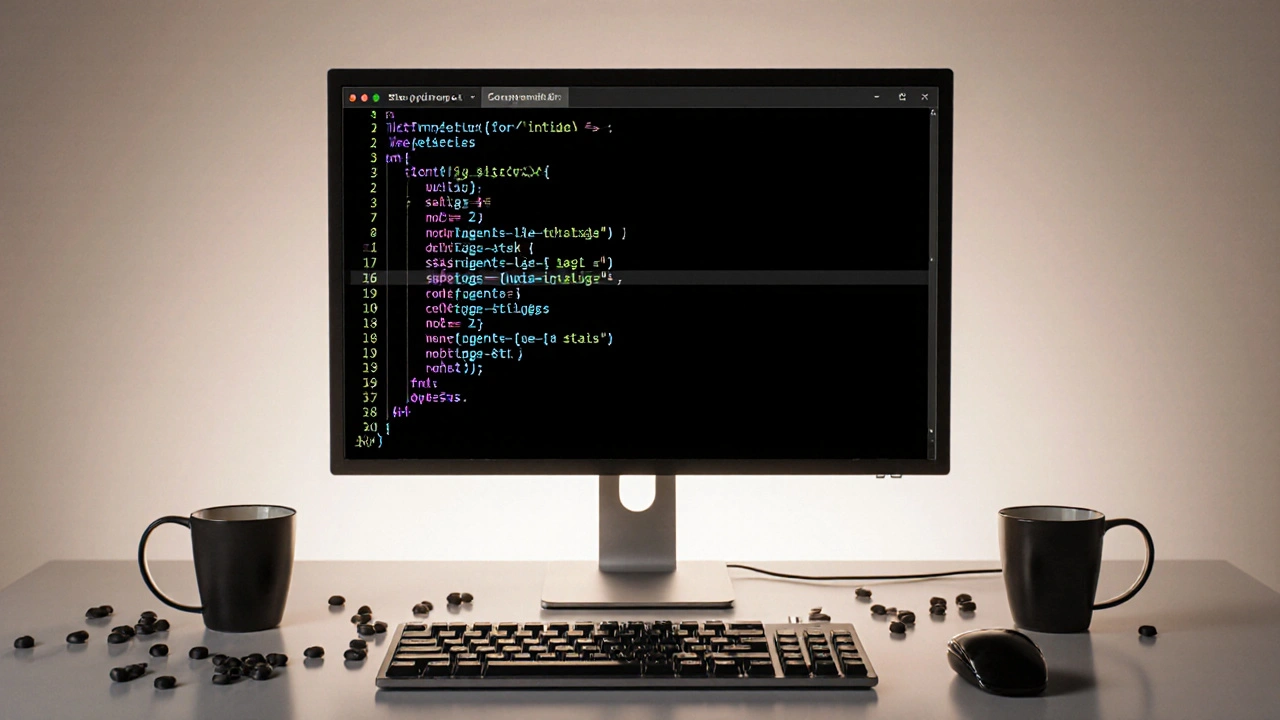Professional Python: Real-World Tricks, Tools, and Best Practices
When you write professional Python, a language used by data scientists, AI engineers, and web developers to build scalable, reliable systems. Also known as production-ready Python, it’s not just about making things work—it’s about making them work cleanly, consistently, and without hidden bugs. Most beginners learn Python for its simple syntax, but professionals know that real power comes from discipline, tooling, and deep understanding of how the language behaves under pressure.
Professional Python isn’t defined by fancy frameworks—it’s defined by habits. It’s using type hints, a way to define expected data types in functions and variables, helping catch errors before runtime instead of guessing what a function returns. It’s writing tests before you ship, not after you break production. It’s choosing asyncio, Python’s built-in tool for handling multiple tasks without threads, perfect for I/O-heavy apps like APIs or web scrapers over blocking code when speed matters. And it’s avoiding magic one-liners that look clever but confuse your team six months later.
What separates good Python from great Python? It’s the difference between writing code that runs and writing code that lasts. Professionals use linters, formatters, and static analyzers automatically—no manual review needed. They profile their code to find slow spots, not just optimize based on gut feeling. They package their work properly so others can install it without wrestling with dependencies. And they know when to use a library versus when to write their own solution—because reinventing the wheel is sometimes the right move.
This collection isn’t about learning Python from scratch. It’s for developers who already know the basics and want to level up. You’ll find real tricks used daily by teams at startups and Fortune 500s: how to make loops faster, how to structure projects so they don’t become spaghetti, how to debug memory leaks without guessing, and how to write code that passes code review the first time. These aren’t theoretical tips—they’re battle-tested patterns from actual production systems.
Whether you’re building AI models, automating workflows, or running web services, professional Python is the foundation. And what you’ll find below isn’t a random list of snippets—it’s a curated set of guides that show exactly how to think like a pro, not just code like one.

- Nov 11, 2025
- Clayton Shaw
- 0 Comments
Python Tricks: The Ultimate Guide to Coding Like a Pro
Learn essential Python tricks that turn average code into professional, efficient, and clean Python. From comprehensions to context managers, these are the habits top developers use every day.
